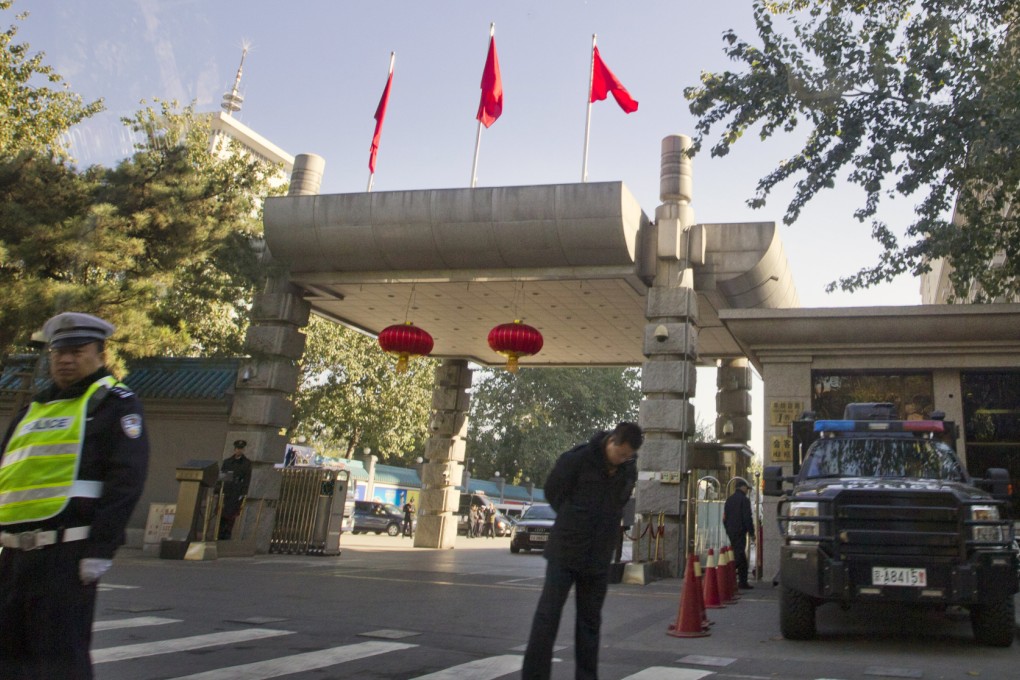Opinion | What holistic reforms should mean for a developing China
Hu Shuli says the stumbling blocks to a functioning socialist market economy point to the need for social and political changes as well

As Communist Party leaders convened for their third plenum over the weekend, a country buoyed by hopes for "comprehensive, thorough reforms" waited with bated breath. After all, a key document for discussion was titled "Decision on the Important Questions for Comprehensive, Thorough Reforms".
Over the past 35 years, the third plenum of the party's incumbent Central Committee has focused on setting directions for reform - but only economic reform, going by the past seven sessions of the meeting.
By the time the 17th Central Committee took over, market development in China had reached a turning point, and many people called for the next step of holistic reform, particularly in the political system. Disappointingly, the third plenum in 2008 only concluded its "Decision on the Important Questions on Rural Development and Reform".
There's a feeling now that comprehensive reform cannot wait. But what is it? According to a Politburo meeting last month, comprehensive reform should include a socialist market economy, democratic politics, advanced culture, harmonious society and an ecological civilisation. We expect reform measures in these five areas.
As Xi Jinping said at a Politburo study session last year: "Reform and opening up will lead to comprehensive change in society, and co-ordination is needed, as every reform measure will affect other measures." Thus, reforms must be rolled out as a whole, he said. We agree. To continue opening up, China must undertake holistic reforms. The gradual, winding path it took in the early years to modernise its economy - "crossing the river by feeling the stones" - meant progress was slow, though steady, and problems that were overlooked are beginning to emerge.
China's focus on the economy has led to spectacular growth, of course. Yet development in other spheres outside the economy has stagnated, and problems related to our unbalanced development model also grow more obvious by the day. Economic ills cannot be solved in isolation from problems in politics, society, culture and the environment.
Fundamentally, the relationship between the government and the market must be reorganised. Leaders' pledge to give market forces a "decisive role" in the allocation of resources, announced on Tuesday at the close of the third plenum, was a departure from previous plenary sessions. The government must honour its word.
